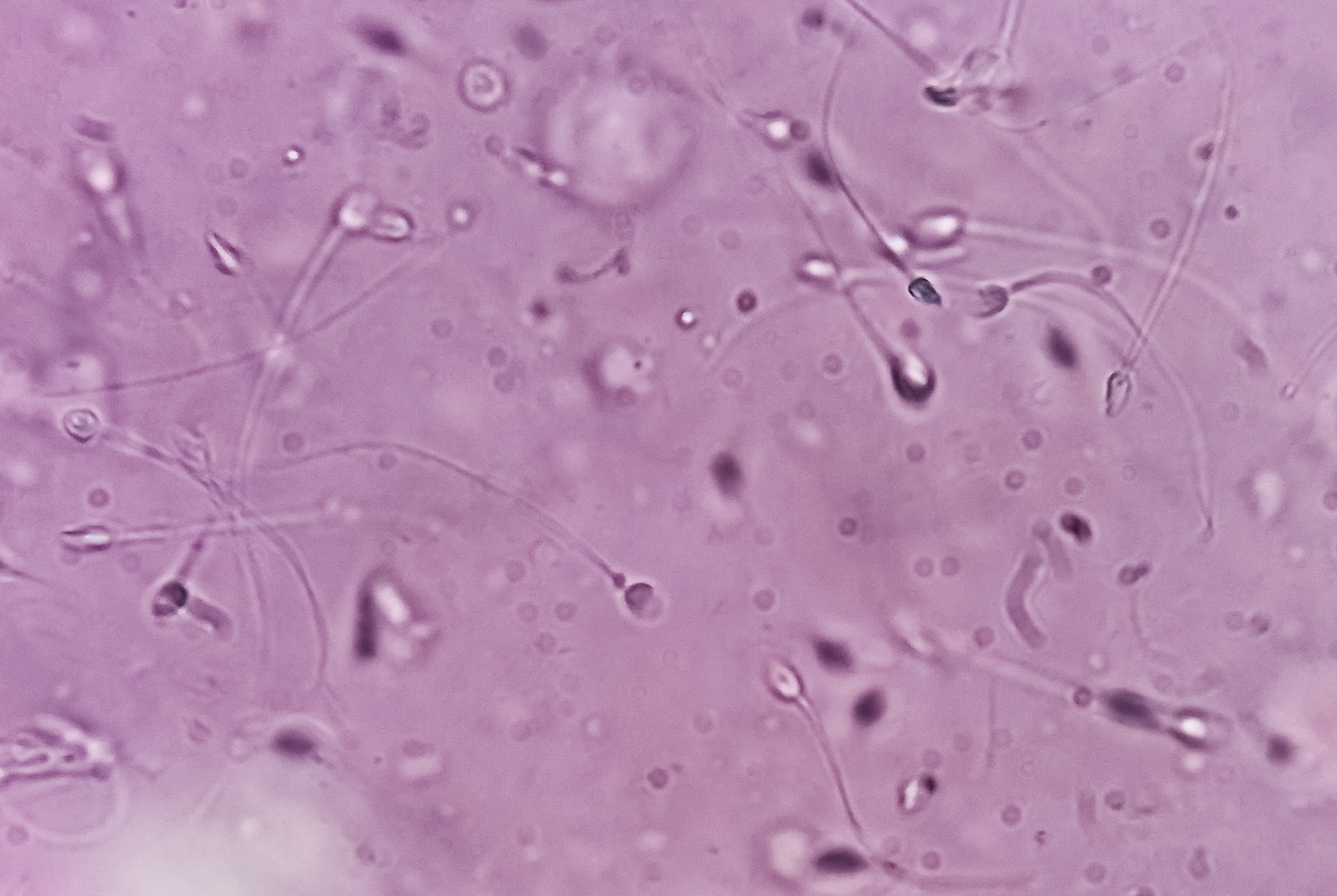Mr Ammar Alanbuki
Consultant Urological Surgeon
Specialist expertise: Andrology, Urology, Kidney Disease, Prostate, Urological Cancer, Erectile Dysfunction, Kidney Stones.
Semen analysis is a simple and non-invasive test, most commonly used to gather information about the health and quality of sperm to evaluate male fertility and reproductive health.

Semen analysis is a test used to assess male fertility. It provides detailed information about the health and quality of sperm, which can help individuals or couples understand their reproductive health and any potential challenges they come up against when trying to conceive. Semen analysis is often the first step in diagnosing male fertility issues but can also be used to confirm the success of a vasectomy.

Semen analysis, also known as a sperm count test, evaluates the quality and quantity of sperm in a semen sample. It examines and assesses various parameters that influence male fertility and reproductive health.
A semen analysis assesses several key factors, including:
Sperm count – The number of sperm per milliliter of semen
Sperm motility – The percentage of moving sperm and their efficiency
Sperm morphology – The size and shape of sperm
Volume of semen – The amount of semen produced during ejaculation
pH Levels – This determines if the semen is too acidic or alkaline, which can affect sperm survival
White blood cell concentration – High levels may indicate infection or inflammation
Liquefaction time – The time taken for semen to change from a gel to a liquid form, affecting sperm mobility

You may be recommended to undergo semen analysis if you have:
Fertility concerns – If you have been trying to conceive for over a year without success
Just had a vasectomy – Post-vasectomy testing is done to confirm the absence of sperm after the procedure
Reproductive health issues – Testing may be appropriate if you have a condition like erectile dysfunction or hormone imbalances
Unexplained medical symptoms – Some symptoms can indicate an infection or testicular condition that can affect sperm production

Semen analysis is a very simple, quick and non-invasive process.
After a consultation with one of our fertility specialists, you will be given a strike container to collect the sample at home.
Please contact TDL to make an appointment to submit the sapmle. Once the sample is ready, please arrange to deliver it to the lab within an hour to be examined, keep it at body temperature in your pocket, this will be examined under a microscope to access the parameters listed above. The results are then compiled and will be delivered to you by your consultant at a follow-up appointment.
To ensure you provide the sample that will give the most accurate results, we advise all patients to:
Abstain from ejaculation for 2 to 5 days before the test , no longer than 7 days
Avoid alcohol, caffeine, and tobacco, as they may affect sperm quality
Not use any lubricants, lotions or other products when producing the sample, as they can contaminate the sample and interfere with sperm motility
Ensure they collect their sample directly into the sterile container provided

The results of a healthy semen analysis should show:
Sperm count: 15 million or more per milliliter
Motility: At least 40% of sperm should be moving
Morphology: At least 4% of sperm should have a normal shape
Volume: 1.5-5 milliliters per ejaculation
pH Level: Between 7.2 and 8.0
If your results are outside the normal range, further tests may be required to diagnose underlying issues and identify the best course of treatment or fertility intervention.

If the results of your semen analysis are outside of the normal range, your OneWelbeck fertility specialist will discuss at-home and medical treatment options that may improve your sperm quality. They may also suggest treatments such as IUI and IVF, which may help increase your chances of conceiving.
Fertility problems can cause a mental and emotional strain. Working closely with experienced colleagues within the OneWelbeck network, our consultants can make fast referrals to mental health specialists should you need or want additional support.
Yes, lifestyle changes, medication, or treatment for underlying conditions can improve sperm count.
Yes, while the chances may be lower, you can still conceive if you have a low sperm count. Fertility treatments like IUI or IVF may be recommended to help increase your chances of growing your family.
Sperm count can be impacted by a range of factors, including:
Hormonal imbalances
Varicocele (enlarged veins in the testicles)
Infections
Lifestyle factors (smoking, excessive alcohol, poor diet)
Genetic conditions
Currently selected day
Available consultations